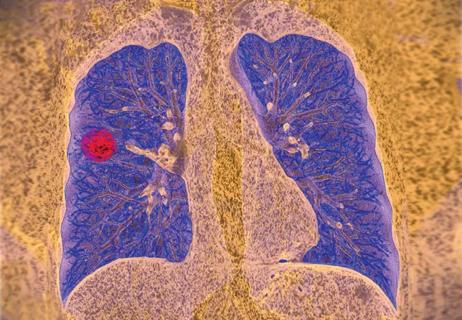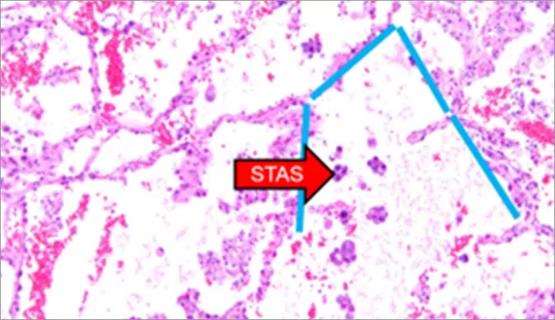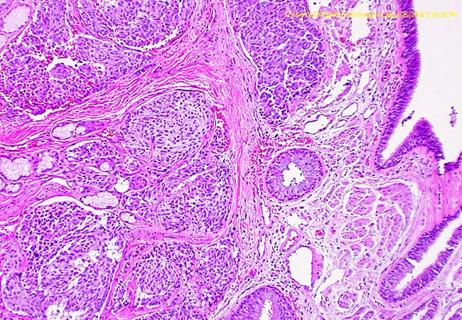
Treatment assigned FDA review date in June 2025

Resection, radiotherapy or ablation?

Extent of baseline burden impacts progression-free and overall survival

Young age, solid tumor, high uptake on PET and KRAS mutation signal risk, suggest need for lobectomy
Advertisement
Cleveland Clinic is a non-profit academic medical center. Advertising on our site helps support our mission. We do not endorse non-Cleveland Clinic products or services. Policy

New review published in Cancers suggests a synergistic benefit

Radiomic nomogram helps clinicians assess risk in patients treated with stereotactic body radiation therapy

Lack of appropriate testing remains a barrier for patients eligible for targeted treatment

Emerging treatment option for patients with advanced disease

Model identifies target OS at which economic benefits of treatment outpace placebo

Largest retrospective study to date confirms randomized trials
Advertisement
Advertisement